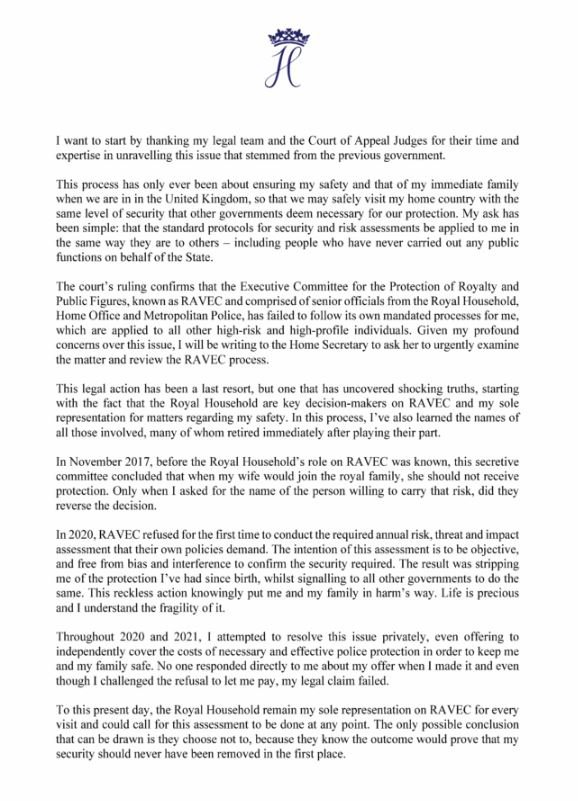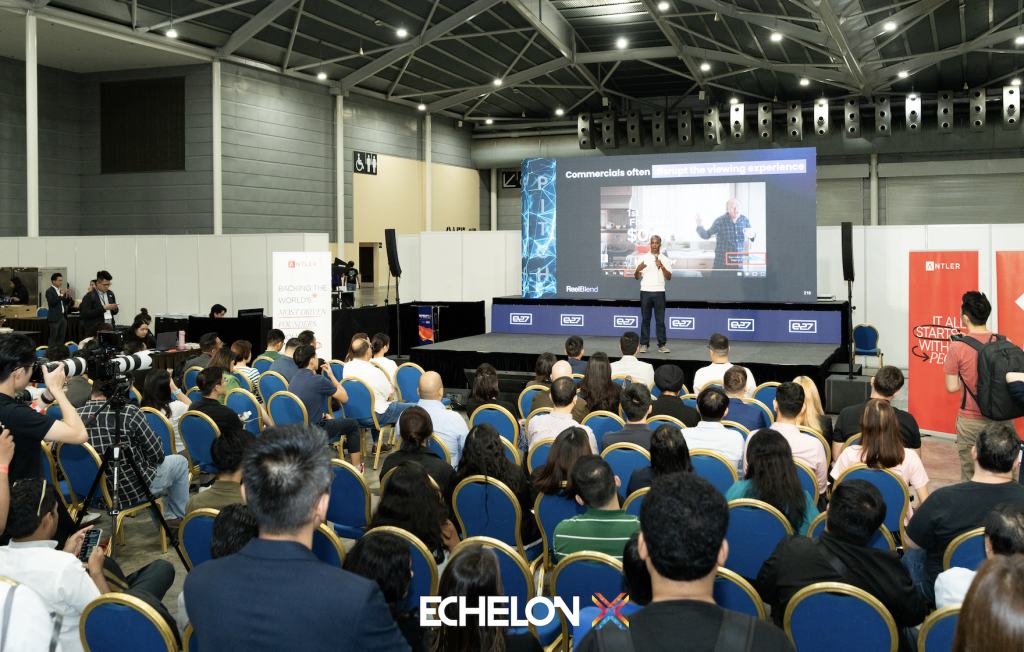
e27 has been nurturing a supportive ecosystem for entrepreneurs since its inception. Our Contributor Programme offers a platform for sharing unique insights.
As part of our ‘Contributor Spotlight’ series, we shine a spotlight on an outstanding contributor and dive into the vastness of their knowledge and expertise.
This episode features Marcus Loh, Director at Temus, where he oversees strategic communications, public affairs, and marketing. Previously, he was Group Executive Director at global communications firm Waggener Edstrom Worldwide and served as President of the Institute of Public Relations of Singapore from 2019 to 2021.
A strong advocate for corporate philanthropy, Loh is a Fellow of NVPC’s Company of Good initiative and sits on several boards, including the UOB-SMU Asian Enterprise Institute and SGTech’s Digital Transformation Chapter. He also serves as Patron of Every Child Matters, a charity promoting STEM access for children from vulnerable backgrounds.
Thoughts, goals, and journey
Loh spent over two decades helping global tech multinationals expand their business and brand presence across Asia Pacific before joining Temus, established by Temasek as Singapore’s digital services champion, three years ago. His motivation was clear: to help build a technology company that Singapore could proudly call its own.
“It’s been a rewarding journey: we’ve doubled in performance year-on-year since our founding, built a strong reputation in the marketplace, and delivered economic and societal impact for our clients, our people, and Singapore’s Smart Nation aspirations,” said Loh.
“I build brands and businesses—and I’m passionate about how that work can contribute to societal good,” said Loh about his broader purpose. “At Temus, for example, we’re deeply involved in workforce transformation within tech.”
He said his CEO, Ng Lai Yee, often reminds the team that digital transformation isn’t just about technology. “It’s about humanising digital capabilities to unlock the full potential of people. That belief drives initiatives like our career conversion programme, Step IT Up Singapore, and our work designing AI-enabled platforms that put users first.”
“We’re asking important questions,” he added. “Why should user experience matter more than just digital efficiency? And how does that principle apply across sectors like defence, carbon finance, health, and the public sector? These are the shifts we’re excited and privileged, to shape as a digital champion for Singapore and beyond.”
Also Read: Bridging science and impact: The entrepreneurial journey of Chervee Ho
The driving force
“It’s a pleasure to be part of the programme,” said Loh about joining the e27 Contributor Community. “e27 is a fantastic platform for thought leadership in the startup and tech ecosystem. From Singapore’s vantage point as a small but globally connected economy, I see an opportunity to share perspectives that reflect this strong sense of interconnectedness.”
Since joining in 2023, Loh has become a thoughtful voice in our community, sharing 10 opinion pieces that reflect both depth and clarity. His advice to budding thought leaders draws from his experience in communications and his personal writing practice.
- Be honest about your circle of competence.
- Let your writing come from clear thinking and a genuine desire to help others understand a complex world.
- Don’t be reactive; take time to reflect and form a point of view.
- Always explain the “so what” behind your argument.
- Edit with discipline — or as his journalist partner puts it, “edit with no mercy.”
- Keep a journal or blog to capture and refine your thoughts over time.
Juggling too many things?
“I’ve found that certain activities like weekend reading, writing, teaching at Singapore Management University, and volunteering for causes that align with my values really enrich my mission at Temus,” Loh said.
“For instance, leading Step IT Up and helping set up digital clubs in the community to support Singaporeans, especially seniors, through the country’s digital shift has kept me grounded, both in the real concerns around digital literacy and the broader aspirations for digital mastery.”
Outside of work, these pursuits also reflect Loh’s approach to maintaining work-life balance, integrating personal values and community involvement with professional goals to stay focused and energised.
Also Read: Bridging science and impact: The entrepreneurial journey of Chervee Ho
Staying in the loop
“Reputation building doesn’t happen in a vacuum,” Loh said. “I have to stay plugged into developments at the global, regional, and local levels, across business media, tech analysis, and policy discourse. Just as important is engaging through speaking engagements, industry forums, communities of practice, and ongoing consultations with policymakers to stay connected with where the field is heading.”
He recommends Team of Rivals by Doris Kearns Goodwin, a book given to him by the founding member at Temus who hired him. The book highlights Abraham Lincoln’s leadership qualities, such as strategic patience, moral clarity, and the ability to turn rivals into allies. Loh believes it offers a lasting lesson in leadership.
Loh stays informed by reading a variety of sources. His daily news consumption includes The Straits Times, Business Times, Financial Times, Foreign Policy, The Diplomat, Asia Times, The Atlantic, and, of course, e27.
Closing thoughts
Loh shared three final points to leave with readers:
First, he noted that Singapore’s Smart Nation and NAIS 2.0 strategies reflect a long-standing national ethos, emphasising that the nation’s edge lies in its people, not just platforms.
Second, he expressed his hope that Singapore’s artificial intelligence revolution would be accompanied by an evolution in social intelligence.
Finally, he pointed out that history has never been kind to city-states, but through social learning, cultural transmission, and collective intelligence, Loh believes Singapore can continue to defy the odds.
Take a look at her articles here for more information and perspectives on her expertise.
—
Are you ready to join a vibrant community of entrepreneurs and industry experts? Do you have insights, experiences, and knowledge to share?
Join the e27 Contributor Programme and become a valuable voice in our ecosystem.
The post Grounded in values, driven by impact: Marcus Loh on building with purpose in the digital age appeared first on e27.







 Tuesday, 10 June
Tuesday, 10 June 11:30 AM – 12:00 PM
11:30 AM – 12:00 PM Future Stage, Echelon Singapore 2025, Suntec Singapore
Future Stage, Echelon Singapore 2025, Suntec Singapore Umang Kumar, Co-Founder & CEO, CarDekho SEA
Umang Kumar, Co-Founder & CEO, CarDekho SEA


